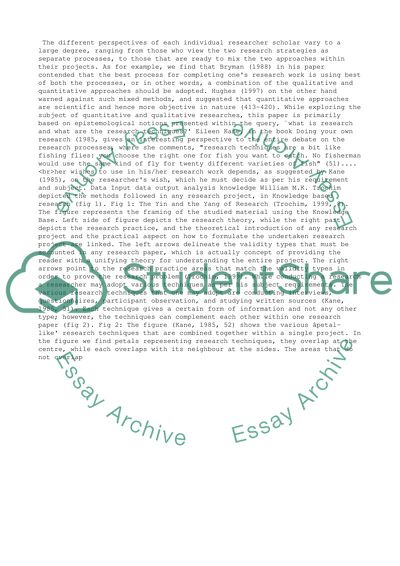Cite this document
(“Research Methods Essay Example | Topics and Well Written Essays - 2250 words”, n.d.)
Retrieved from https://studentshare.org/business/1393325-reflective-essay-research-method
Retrieved from https://studentshare.org/business/1393325-reflective-essay-research-method
(Research Methods Essay Example | Topics and Well Written Essays - 2250 Words)
https://studentshare.org/business/1393325-reflective-essay-research-method.
https://studentshare.org/business/1393325-reflective-essay-research-method.
“Research Methods Essay Example | Topics and Well Written Essays - 2250 Words”, n.d. https://studentshare.org/business/1393325-reflective-essay-research-method.


